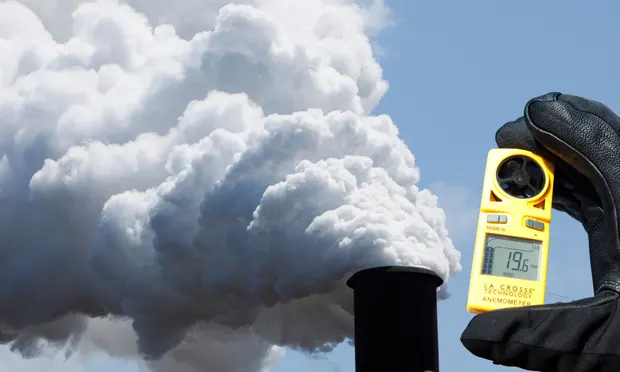The Commonwealth Scientific and Industrial Research Organisation. Australia’s premier science organisation has scrapped a fully funded, globally recognised program intended to predict the climate in coming years.
Launched in 2016 with Climate change protesters throw soup at painting worth an estimated $84 million$37m funding over 10 years by the CSIRO, the Decadal Climate Forecasting Project was meant to help industries from agriculture to dam operators and emergency services to better cope with climate variability and extremes.
Speaking of its decision, CSIRO said “while current weather and seasonal forecasts can help predict conditions between several days and a few months ahead, we are currently missing a key piece of the puzzle: what will our climate look like anywhere between one year and a decade into the future?”.
Read also: FG says $10 not enough for Nigeria’s energy transition plan
It stated that the research gap is now being filled by our work in decadal forecasting, providing invaluable insights to the industry and beyond, halting the project which insiders say has gulped over $15m.
David Karoly, a former CSIRO climate scientist who was on the unit’s advisory board, said, “It was doing excellent scientific research,”. “It’s bloody stupid; they had made a commitment to a government minister” – the then environment minister, Greg Hunt”.
A month before the project’s demise, the board reportedly found that it was making “good progress” and had “an excellent team of senior and early-career researchers, including producing “exciting research” that cited in 28 peer-reviewed papers in the previous year alone.
Worthy of note is the fact that the World Meteorological Organization also recognised its work, making CSIRO just one of five global data-producing centres for its near-term climate prediction “grand challenge”.
CSIRO was a pioneer in researching links between rising greenhouse gases and global heating, a project which has endured pressure over the years and efforts to slash job numbers in 2016.
Story was adapted from the Guardian.
